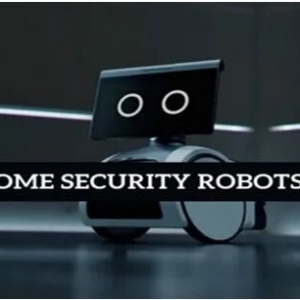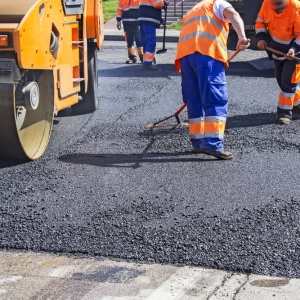Hot water heaters are essential appliances that provide us with warm water for various household needs. However, these devices can pose a potential fire hazard if not properly maintained or installed. One of the most critical aspects of hot water heater safety is the installation of proper fire suppression systems. In this article, we will explore the importance of fire safety in relation to hot water heaters and discuss the significance of installing fire suppression systems.
Understanding the Risks
Hot water heaters are typically powered by electricity, natural gas, or propane, and any malfunction or misuse can lead to a fire. Common causes of hot water heater fires include electrical malfunctions, gas leaks, or improper installation. Over time, sediment build-up in the tank can also cause the water heater to overheat and catch fire. Recognizing these risks is the first step toward ensuring hot water heater fire safety.
The Role of Fire Suppression Systems
Fire suppression systems play a crucial role in preventing and extinguishing fires. When it comes to hot water heaters, having an effective fire suppression system can make a significant difference in minimizing damage and ensuring the safety of occupants. These systems are designed to detect fires early, suppress them, and provide an immediate response to prevent further spread.
Types of Fire Suppression Systems for Hot Water Heaters
Automatic Fire Sprinkler Systems: Automatic fire sprinkler systems are commonly used in both residential and commercial buildings. They consist of a network of sprinkler heads that are connected to a water supply. When a fire is detected, the sprinkler heads closest to the source of the fire activate, releasing water to extinguish or control the flames. Installing automatic fire sprinkler systems can greatly reduce the risk of a hot water heater fire spreading and causing significant damage.
Fire Suppression Balls: Fire suppression balls are innovative devices that can be placed near hot water heaters as an additional safety measure. These balls are filled with fire-extinguishing chemicals and are designed to self-activate when exposed to flames. Once activated, they release the chemicals, suppressing the fire. Fire suppression balls can provide an extra layer of protection, especially in areas where installing traditional fire suppression systems may not be feasible.
Best Practices for Installing Fire Suppression Systems
- Consult a Professional: It is crucial to consult a professional fire safety expert or technician when selecting and installing a fire suppression system for your hot water heater. They have the knowledge and expertise to assess your specific needs, recommend the appropriate system, and ensure proper installation.
- Regular Maintenance: Once installed, fire suppression systems should be regularly inspected and maintained to ensure they are in proper working condition. This includes checking for any leaks, testing the sprinkler heads, and replacing any faulty components.
- Comply with Codes and Regulations: It is essential to comply with local building codes and regulations when installing fire suppression systems. These codes outline the specific requirements for fire safety measures, including the installation and maintenance of fire suppression systems.
Conclusion
Hot water heaters are a common feature in homes and businesses, but they can present a fire hazard if not properly maintained or installed. To enhance hot water heater fire safety, installing appropriate fire suppression systems is crucial. Whether it's automatic fire sprinkler systems or fire suppression balls, these systems provide early detection and effective suppression of fires, minimizing damage and ensuring the safety of occupants. By following best practices and complying with regulations, we can significantly reduce the risk of hot water heater fires and create a safer environment for everyone. Remember, when it comes to fire safety, prevention, and preparedness are key.





